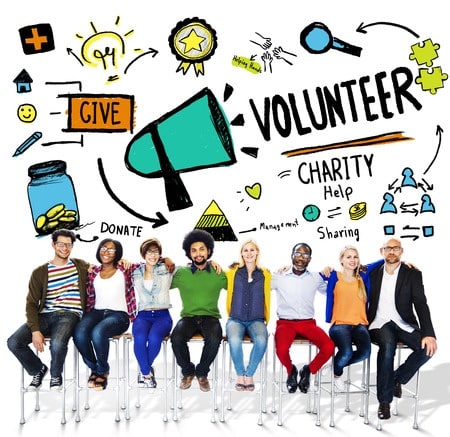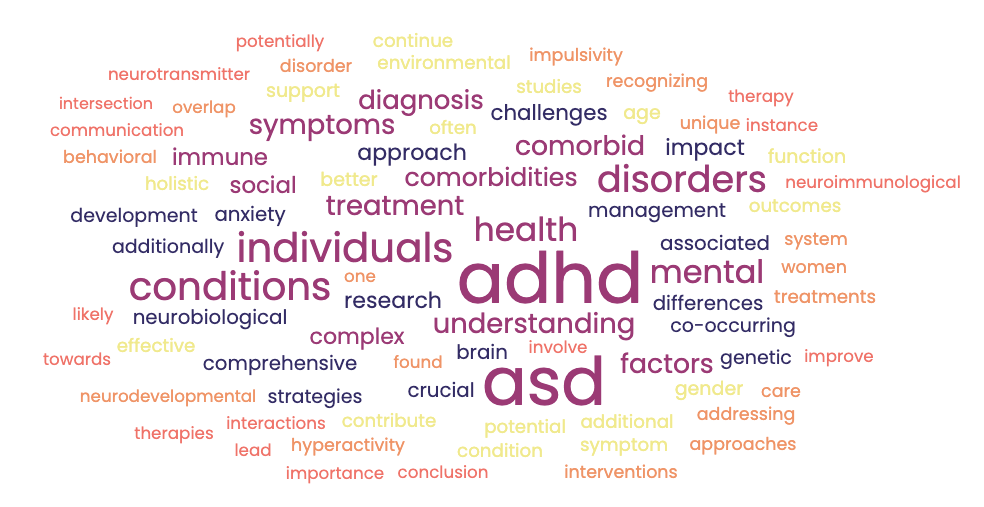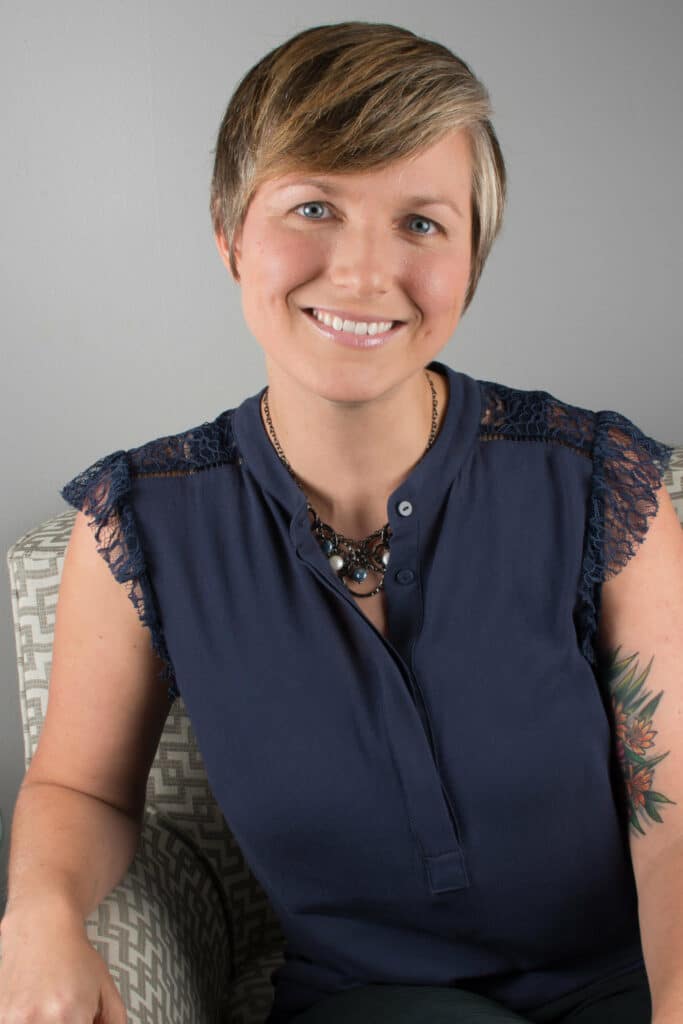Have you noticed yourself in a seasonal slump lately as the days grow shorter and colder, and the holidays are lurking just around the corner? You may wish to consider helping others, as it may be a way of helping yourself, too. The act of doing for others has been shown effective in improving your mood and sense of well-being (Buchanan & Bardi, 2010; Aknin, Dunn, Whillans, Grant, & Norton, 2013). You may wonder about whether it is truly selfless and altruistic to offer charity that ultimately ends up benefiting you, too. My question to you, then, is: why should you not also benefit from a situation in which others gain from their interactions with you? This is simply a mutually beneficial arrangement. In nature, animals and other organisms frequently engage in symbiotic relationships (case in point: bees and flowers).
Have you ever volunteered your time at a local soup kitchen or animal shelter, or perhaps given a monetary donation or tangible gift to a child in need? Not surprisingly, we often feel some degree of happiness and pride in ourselves for having done a charitable deed. This is a normal and welcome consequence of our behavior! When we do something kind or meaningful for someone else, it often reaffirms how we perceive (or wish to perceive) ourselves—as empathic, generous, and caring. We might also consciously, or otherwise, hope for reciprocity of this generosity; we may think, “it would be nice if someone helped me if I were in (such) dire straights.” Of course, doing something kind for others with the hopes or expectations that they will later reciprocate can set you up for significant disappointment and frustration. However, if you believe in the concept of karma or the like, your good energy and vibes may inevitably come back to you later in some form (perhaps in a less direct way).
Another personal benefit to giving to others is that it affords us the opportunity to put our own misfortunes and problems temporarily aside, or at least to gain greater perspective on them. We all need a break from our “issues” now and again, whether it is through reading a captivating novel, zoning out in front of mindless TV after a long day, or listening to a friend regale you with his/her stories and woes. How often have you, a family member, or a friend lamented about having “the worst day ever” in which “everything is going wrong”? You may feel frustrated, overwhelmed, depressed, or devastated. There are those days, weeks, months, or maybe even years where Murphy’s Law seems to be wreaking havoc on your life.
However, when you compare your problems side-by-side to someone else’s, does it not change the magnitude of your problems ever so slightly? Is your horrible fight with your significant other, compounded by money troubles and a misbehaving child truly on par with homelessness, chronic hunger, destitution, civil war, or terrorism? Is someone else possibly worse off than you? The point of this is certainly not to invalidate or minimize that your life can be challenging, stressful, and just plain crappy sometimes (people have legitimate trauma, sadness, and tragedy in their lives), or, on the flipside, to propose that we should take pleasure in others’ misfortunes.
Instead, it is merely to suggest that reframing a situation and putting into perspective what you think of as “the worst day ever” may be beneficial. When we can take another person’s or group’s perspective, we may develop greater compassion and understanding for their lived experiences. Imagine how grateful someone without shelter and a reliable food source might feel when you have empathy for their situation and offer a helping hand. In that moment, you are stepping outside of yourself, and seeing someone else’s difficulties as more urgent. Of course, exclusively meeting others’ needs at the expense of taking care of your own runs the risk of compassion fatigue, burnout, and even depression. The key is to find an ideal balance between caring for others and yourself!
So, what can you do to help others? What resource(s) do you have that you are willing and able to share? Is it time, money, a well-stocked pantry, an ear to listen, cooking or knitting skills? What organizations really speak to you and your personal values—a food bank, homeless shelter, animal rescue, nursing home, Church or other religious community? Some suggestions for how to help in your community include:
- Volunteer to read/provide companionship to the elderly at a senior center or nursing home
- Mentor a child (i.e., Big Brother/Big Sister)
- Volunteer at a local animal shelter or farm sanctuary
- Collect food and/or toys for individuals in need (donate to a local Church or drive)
Giving and helping others need not be time-consuming, cost-prohibitive, or even a formal endeavor. You may already engage in these random acts of kindness. I propose that you consider intentional acts of kindness, such as offering a well-deserved compliment to a coworker, employee, friend, or family member. Acknowledge their efforts and be more mindful of how you subsequently feel after offering them praise. Being thoughtful and considerate of others can go a long way…try holding the door for someone, saying “thank you” and genuinely meaning it when interacting with the store cashier, smiling and saying hello to a passerby, or doing a favor or kind gesture for someone you care about…. Go on, help someone else, and help yourself in the process!
REFERENCES
Aknin, L. B., Dunn, E. W., Whillans, A.V., Grant, A. M., & Norton, M. I. (2013). Making a difference matters: Impact unlocks the emotional benefits of prosocial spending. Journal of Economic Behavior and Organization, 88, 90-95.
Buchanan, K., & Bardi, A. (2010). Acts of kindness and acts of novelty affect life satisfaction. The Journal of Social Psychology, 235-237.








